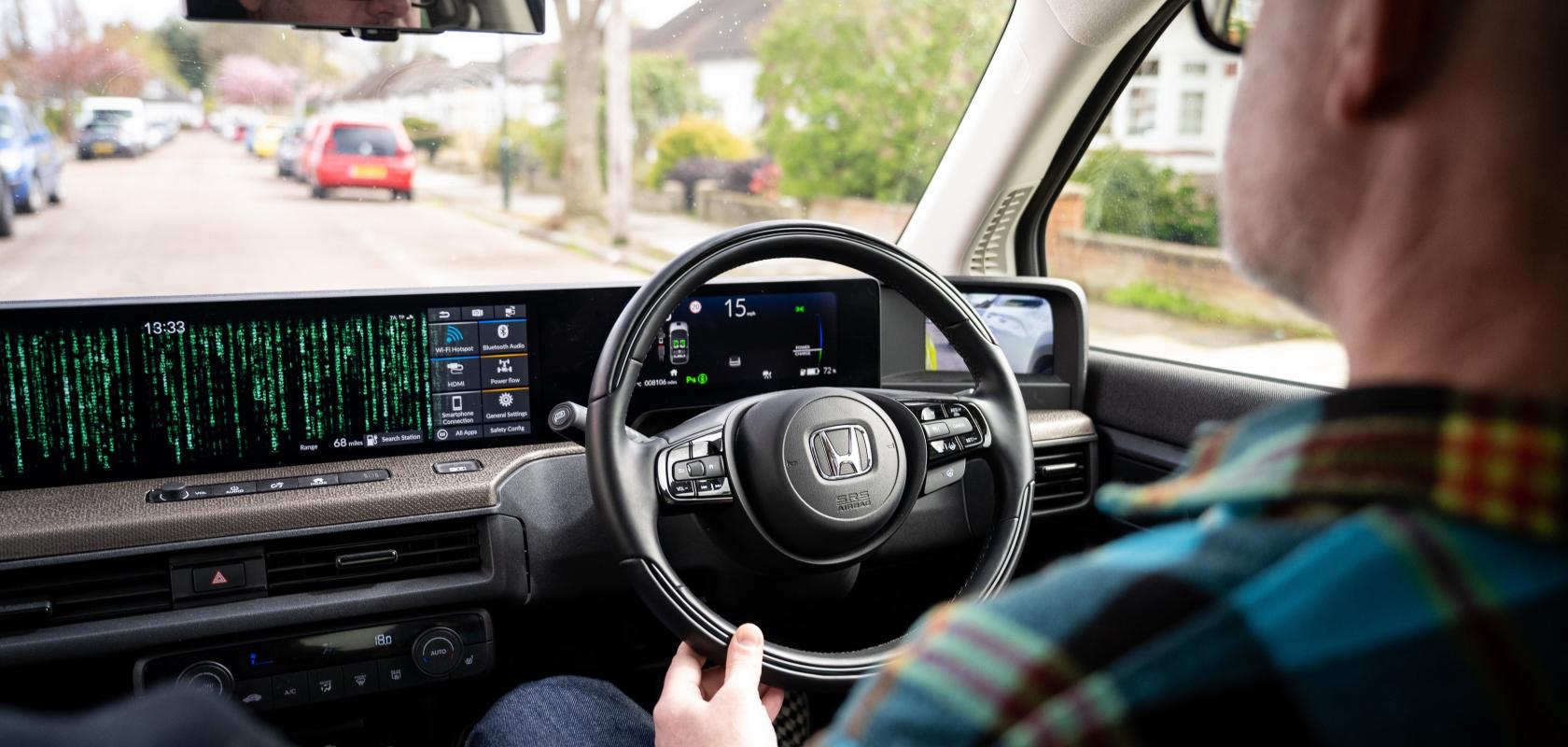The development of advanced lidar and AI-based machine vision has received a boost after Honda Ventures invests in SiLC Technologies to develop integrated single-chip solutions.
With radar and 2D or 3D vision systems finding it hard to distinguish between stationary and slow-moving objects, and even to detect dark objects (such as tires) at distances over a few hundred metres, the technology is not well suited to safe and trustworthy autonomous driving. The majority of time-of-flight lidar solutions, meanwhile, can be affected by interference from reflectors, sunlight and other lidar systems themselves.
By comparison, FMCW (frequency modulated continuous wave) lidar is capable of detecting obstacles, including moving vehicles, from long distances and include precise distance and velocity measurements - up to over 1km.
Autonomous driving roadmap
Vehicles with the capability to detect hazards, predict movements and prevent accidents have the capacity to make roads and transport safer, more reliable and more efficient for all. If and when this becomes a reality, autonomous transport will become the norm.
Current technologies, however, do not yet support this utopian transport vision. Advanced driver assist systems (ADAS), for example, often fail to detect objects at longer distances in diverse environments
Honda investment in FMCW
“SiLC is the industry leader in the research and development of FMCW lidar,” said Honda managing executive officer Manabu Ozawa, on the subject of Honda’s recent investment in the company that develops FMCW lidar solutions based on machine vision. “Honda is striving for zero traffic collision fatalities involving our motorcycles and automobiles globally by 2050. We believe that SiLC’s advanced lidar technology will become an important technology for us.”
SiLC’s Eyonic Sensor and Vision System works by providing autonomous vehicles the information they need to navigate and the physical world safely and effectively, leveraging FMCW lidar to equip them with super-human levels of vision, dexterity, hand-eye coordination, and the real-time perception of possible hazards.
“This investment from Honda will accelerate our progress toward a society will fully autonomous solutions that enhance our safety and address our widely spread labour shortages across many critical markets,” said SilC Technologies CEO, Dr. Mehdi Asghari.
“Our silicon photonics platform offers a powerful, low-cost, efficient and scalable FMCW lidar engine, which is essential for the high volumes required by the automotive industry. SiLC’s FMCW lidar solutions bring superior vision to machines to truly enable the next generation of AI-based automation and move us closer to a more intelligent, interconnected future.”


